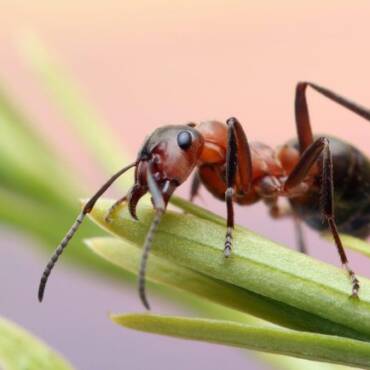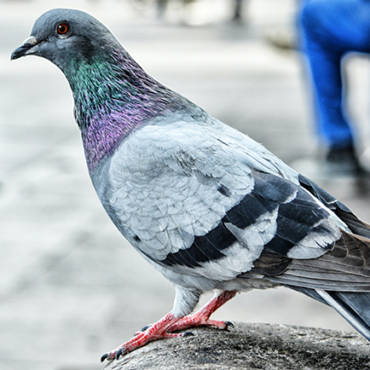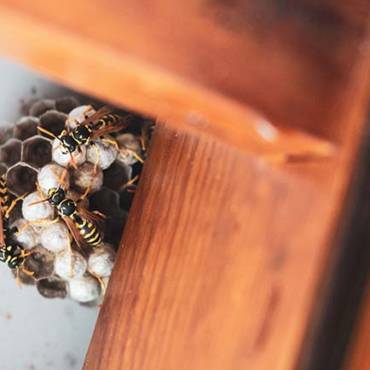The Dangers of Rodent Infestations
Rodent infestations in and around your home can pose a significant threat to the health and safety of your family, as well as cause extensive damage to your property. Rats, mice, and other small pests are not only capable of carrying numerous diseases, but they can also gnaw on wires, insulation, and structural elements of your home, leading to costly repairs. Addressing rodent infestations promptly and effectively is crucial to maintaining a safe and healthy living environment. In this informative article, Bee Smart Pest Control highlights the importance of comprehensive rodent management and provides practical advice for tackling rodent issues in your home.
Understanding the dangers associated with rodent infestations, the habits and preferences of these pests, and the strategies necessary to prevent and control them is crucial in ensuring the well-being of your family and the integrity of your property. From disease transmission to structural damage, the risks posed by rodent infestations cannot be overstated. However, with the professional guidance and expertise offered by Bee Smart Pest Control, you can implement targeted prevention and management strategies designed to effectively combat these unwelcome intruders.
This in-depth blog post will cover the various risks and hazards associated with rodent infestations, common signs that indicate their presence, and the importance of engaging the services of a professional pest control company, such as Bee Smart Pest Control, to address these issues. Trust Bee Smart Pest Control to provide you with the necessary knowledge, tools, and support to ensure a rodent-free home, safeguarding your property and the health of you and your loved ones.
1. Health Risks Posed by Rodent Infestations
Rodents, such as rats and mice, can pose significant health risks to you and your family, as they are known carriers of numerous diseases:
– Hantavirus: This potentially life-threatening virus is primarily spread through contact with rodent droppings, urine, or saliva. Inhaling airborne particles containing the virus or handling infected rodents can lead to Hantavirus Pulmonary Syndrome.
– Leptospirosis: This bacterial disease can be contracted through exposure to water, soil, or food contaminated with the urine of infected rodents.
– Salmonellosis: Rodents can contaminate food and surfaces with salmonella bacteria, leading to symptoms such as diarrhea, fever, and abdominal cramps.
– Plague: Though rare in modern times, rodents can transmit the plague bacteria to humans via fleas.
2. Property Damage Caused by Rodent Infestations
Rodents can also cause significant damage to your property, resulting in costly repairs and potential hazards:
– Gnawing on Wires: Rats and mice frequently chew on electrical wires, which can cause power outages, electrical malfunctions, and even house fires.
– Destroying Insulation: Rodents can compromise your home’s insulation by burrowing through attic or wall insulation, leading to reduced energy efficiency and expensive repairs.
– Structural Damage: Rodents can chew through wooden structures, such as beams, floor joists, and walls, compromising your home’s stability.
– Contaminating Food: Rodents are known to rummage through pantries and cupboards, contaminating food supplies and leaving droppings and urine behind.
3. Identifying and Preventing Rodent Infestations
Recognizing the signs of a rodent infestation and implementing effective prevention methods can help protect your home and family:
– Signs of Infestation: Common indicators of a rodent infestation include droppings, urine odors, gnaw marks on food containers, nesting materials, and scratching or scampering noises within walls or ceilings.
– Seal Entry Points: Inspect your home for gaps and openings that may serve as entry points for rodents, and seal any potential access points with caulk, metal hardware cloth, or other appropriate materials.
– Maintain Cleanliness: Keep your home clean and clutter-free, promptly clean up spills and crumbs, and ensure that garbage containers are tightly sealed to reduce the chances of attracting rodents.
– Trim Vegetation: Overgrown plants and shrubs can provide cover and nesting sites for rodents. Regularly trim vegetation around your property to discourage rodent activity.
4. The Role of Professional Pest Control Services
Enlisting the help of a professional pest control service, like Bee Smart Pest Control, is crucial for addressing rodent infestations effectively and comprehensively:
– Expertise and Equipment: Pest control professionals have the necessary expertise, knowledge, and specialized equipment to identify the extent of an infestation, locate rodent entry points, and develop a customized treatment plan.
– Safe and Effective Treatment Methods: Professionals utilize proven and safe treatment methods, such as trapping, baiting, and exclusion techniques, to resolve rodent infestations and prevent future occurrences.
– Ongoing Support and Monitoring: Engaging a professional pest control service can provide ongoing support, education, and monitoring to ensure that your home remains rodent-free in the long term.
Conclusion
Dealing with rodent infestations requires an understanding of the health risks and property damage associated with these pests, as well as effective prevention and management strategies. Trust the expertise of Bee Smart Pest Control to guide you in maintaining a safe and healthy home, free from the threats posed by rodents. With their professional support and proven rodent pest control treatment methods, you can protect your property and the well-being of your loved ones from these unwelcome intruders. Choose Bee Smart Pest Control as your reliable partner in safeguarding your home and family from the dangers of rodent infestations, ensuring a comfortable and risk-free living environment for all.




